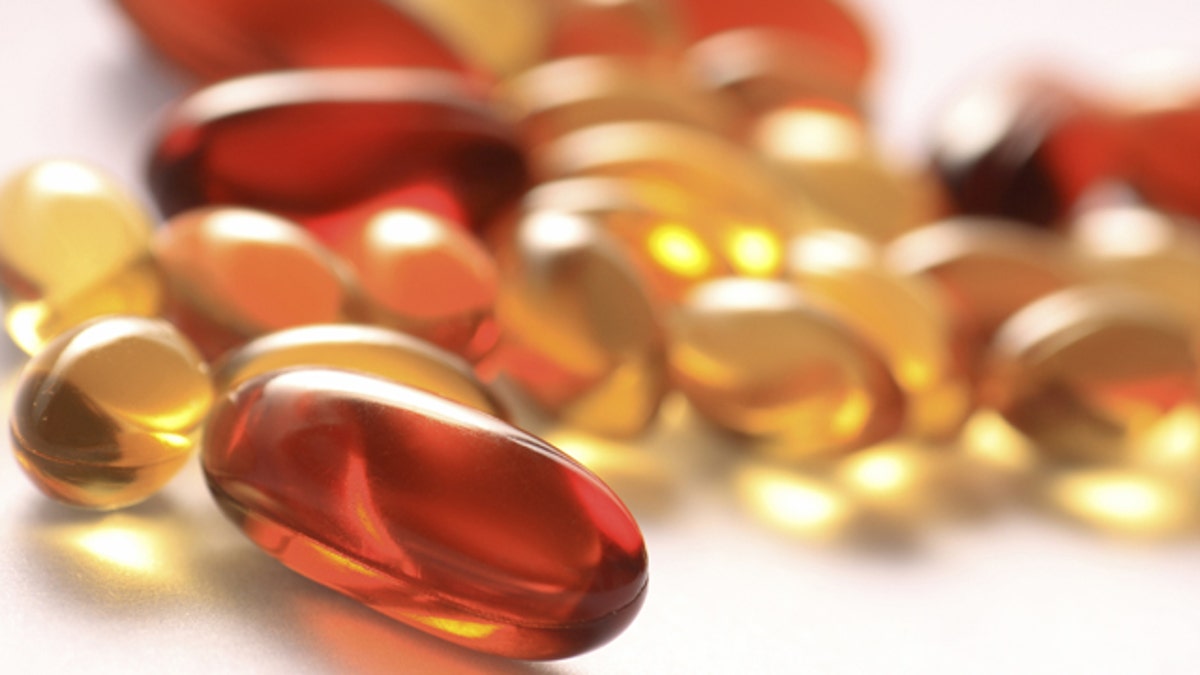
(iStock)
Experts used to think that cognitive decline was an inevitable part of aging, but a growing body of research is finding that lifestyle factors like exercising and a healthy diet may delay the process.
A new study has found a link between poor nutrition and cognitive problems in older adults. The study, published Monday in the journal Neurology, found that adults over 65 with a vitamin B12 deficiency are more likely to have lower brain volumes and cognitive impairment than those with adequate B12.
The study, conducted at Rush University Medical Center in Chicago, measured markers of B12 deficiency such as homocysteine, as well as levels of B12 in 121 older adults. The researchers looked at markers because measuring levels of B12 alone is thought to be an inaccurate way to gauge deficiency. The adults took several cognitive tests and about four years later, they had an MRI to measure their total brain volume.
“We showed that four out of five markers of B12 deficiency were strongly associated with poor cognitive performance overall, and more specifically, poor episodic memory and perceptual speed,” said Christine Tangney, Ph. D., the study’s lead author and associate professor of clinical nutrition at Rush.
The researchers also found that brain volume was significantly lower in those with high levels of markers for B12 deficiency.
“We may be missing a potential reason why someone might suffer cognitive decline over time because we’re not making sure they have adequate B12,” Tangney said.
This study supports other research showing an association between the B vitamin and cognition.
One British study found that treating patients with a supplement containing vitamins B6, B12 and folate slowed brain atrophy in adults with mild cognitive impairment.
Tangney theorizes that B12 may impact cognition in two ways.
“One may be by reducing brain volume, and another is that the buildup of markers, like homocysteine, may actually be damaging the brain,” Tangney said.
High homocysteine is also linked to heart disease.
Currently, B12 is not measured in a standard blood workup, and research suggests that testing blood levels of B12 may not be an accurate way of detecting a deficiency if your scores fall in a gray zone.
In the meantime, here’s how you can take in more vitamin B12:
• The recommended dietary allowance of vitamin B12 is 2.4 micrograms a day.
• Eat foods rich in B12 like fish, meat, poultry, eggs, milk and milk products
• As you age, your body becomes less efficient at absorbing B12 from food, so the Institute of Medicine recommends that adults over 50 take a B12 supplement or eat consumer-fortified foods.
• “We recommend taking two to six micrograms of vitamin B12 a day,” Tangney said.
